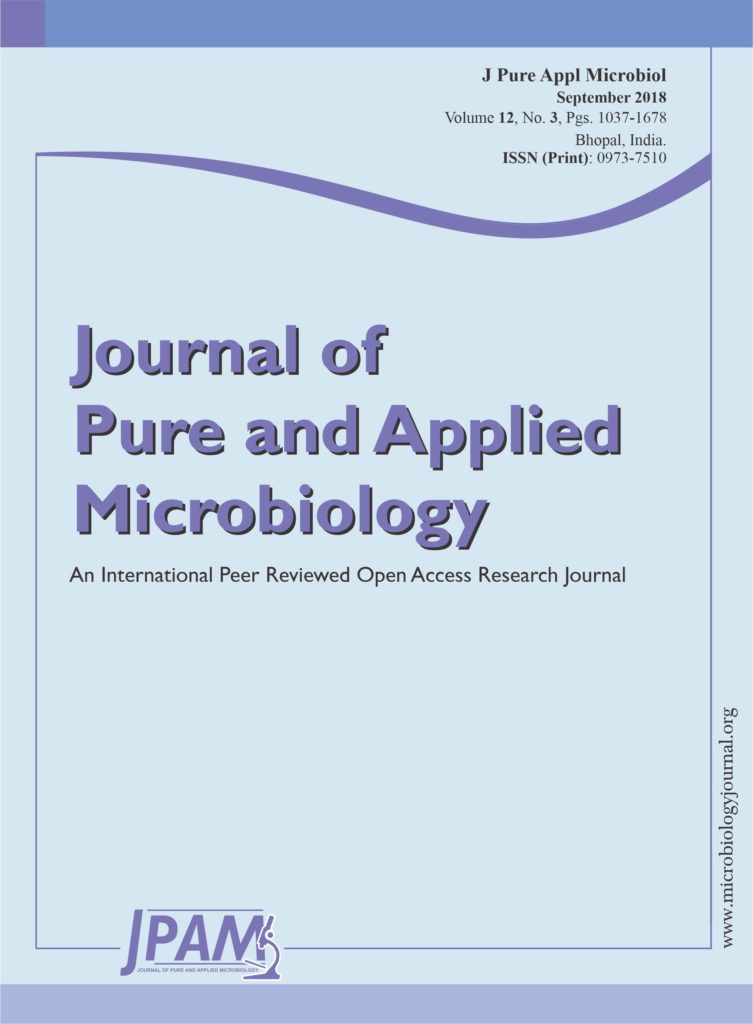Inefficiency of antibiotics because of emerging resistance, to reduce use of chemical preservatives and to alleviate other gastrointestinal or urogenital disorders- using probiotics get prioritized in recent times. We investigated probiotic potentiality of L. coryniformis subsp. torquens MTi1 and L. coryniformis MTi2 isolated from Nile Tilapia. A set of in vitro probiotic parameters (antibacterial activity, temperature sensitivity, pH, bile salt, NaCl tolerance, antibiotics resistance) were evaluated by performing disc diffusion, agar well diffusion methods and several other microbiological tests. Both isolates demonstrated antibacterial activity against Escherichia coli, Salmonella Typhii, Bacillus subtilis and Pseudomonas aeruginosa whereas L. coryniformis MTi1 also active against Staphylococcus aureus. They could grow at wide range of temperatures(27-45°C) and pH (2-9); had tolerance to 0.5-2% bile salt and 1-7% NaCl; ferment lactose. L. coryniformis subsp. torquens MTi1 was not killed by Cefixime(5µg) whereas L. coryniformis MTi2 neither killed by Cefixime(5µg) nor Streptomycin(10µg) in antibiotic susceptibility testing. Best antibacterial production of isolates found at 37°C, pH 2 and after 72 hours of incubation. We observed approximately 42% and 40% more antibacterial production from L. coryniformis subsp. torquens MTi1 and L. coryniformis MTi2 respectively after 72 hours of incubation instead of 24 hours. L. coryniformis MTi2 could produce bacteriocin or bacteriocin like substances active against E. coli (15mm) and B. subtilis (14mm). The study concludes based on empirical observations that, the isolates have potentiality to be efficient probiotic which will eventually contribute to promote public health.
Probiotics, Lactobacillus coryniformis, Nile Tilapia, Antibacterial activity
© The Author(s) 2018. Open Access. This article is distributed under the terms of the Creative Commons Attribution 4.0 International License which permits unrestricted use, sharing, distribution, and reproduction in any medium, provided you give appropriate credit to the original author(s) and the source, provide a link to the Creative Commons license, and indicate if changes were made.


